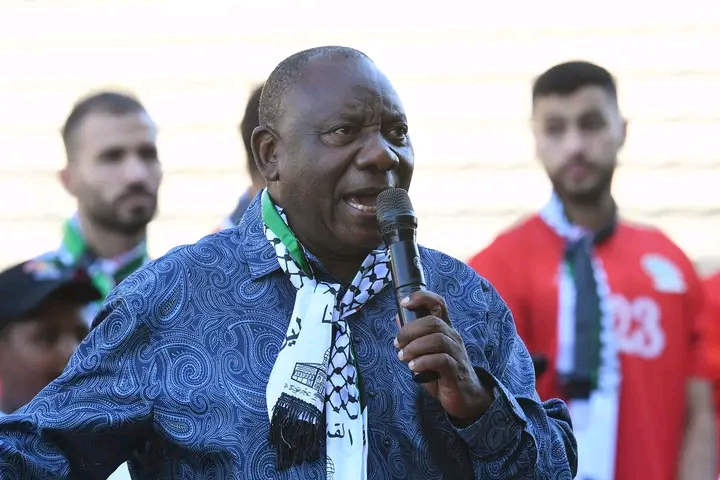By Ollus Ndomu
South Africa has announced May 29th as the date for its upcoming general elections, amidst a backdrop of high unemployment, corruption scandals, and an electricity crisis.
The announcement comes at a time when many young voters feel disillusioned with established political parties, such as the ruling African National Congress (ANC), leading to a surge in support for smaller parties from civil society to radical anti-immigrant groups.
The governing ANC, which has been in power since the end of apartheid, is facing mounting criticism over its handling of key issues, including rampant corruption, economic stagnation, and ongoing electricity shortages.
Many young voters, in particular, believe that the ANC has lost its credibility and are seeking alternatives that can address their concerns and offer tangible solutions to the country’s pressing problems.
In response to this growing discontent, smaller parties from civil society, such as Rise Mzansi, have emerged as viable alternatives, advocating for progressive policies and grassroots activism. These parties aim to mobilize disillusioned voters and challenge the dominance of established political players in South Africa’s political landscape.
Additionally, radical anti-immigrant parties like Operation Dudula have gained traction among segments of the population disillusioned with the government’s perceived failure to address issues of crime and unemployment.
These parties have capitalized on xenophobic sentiments and are attempting to rally support by scapegoating immigrants for the country’s economic woes.
The upcoming elections are poised to be a critical juncture in South Africa’s political trajectory, with the potential to reshape the country’s political landscape.
As voters weigh their options and political parties ramp up their campaigns, the outcome of the elections remains uncertain, with the possibility of significant shifts in power and representation on the horizon.


